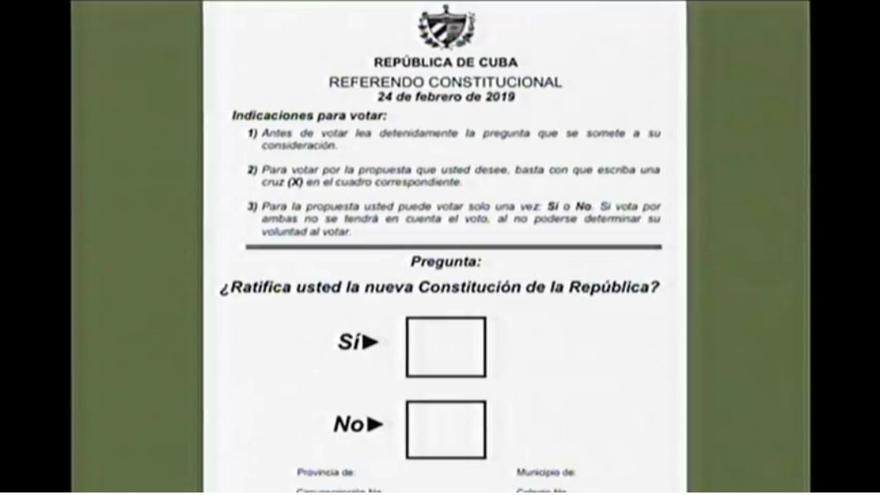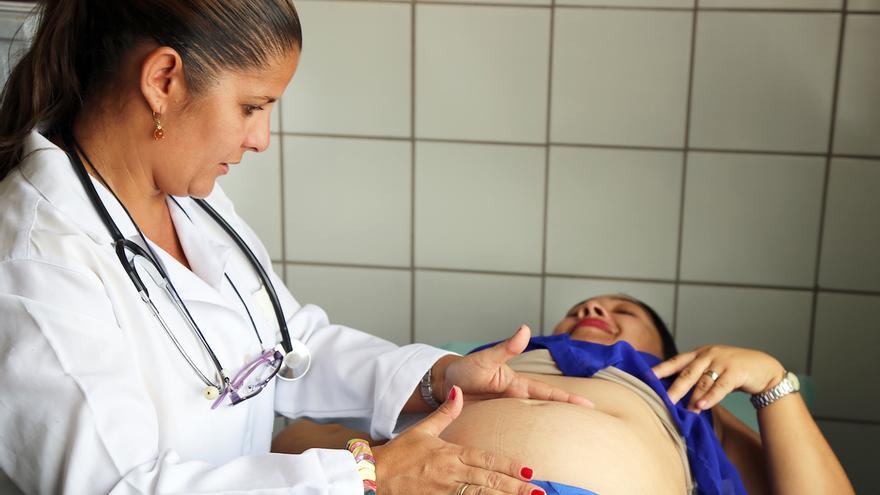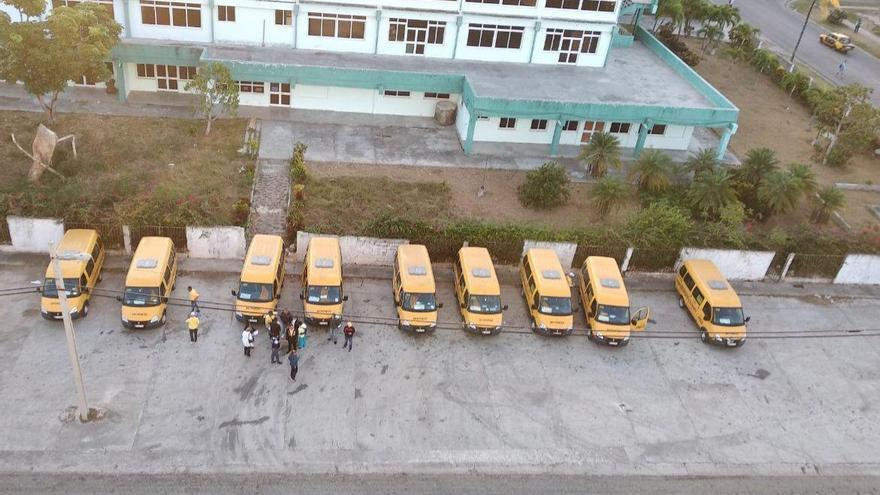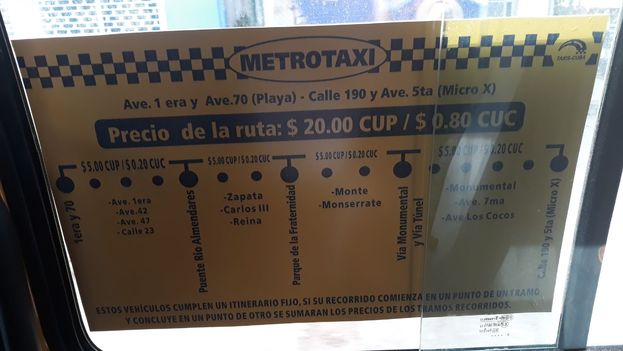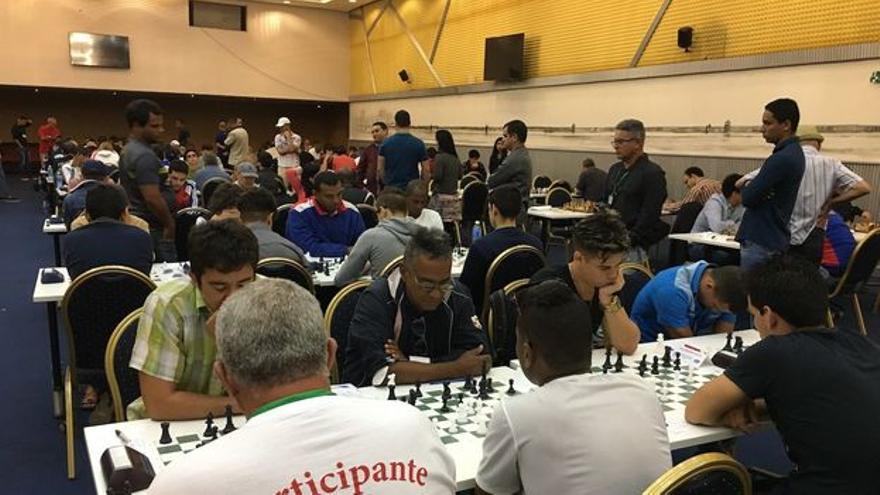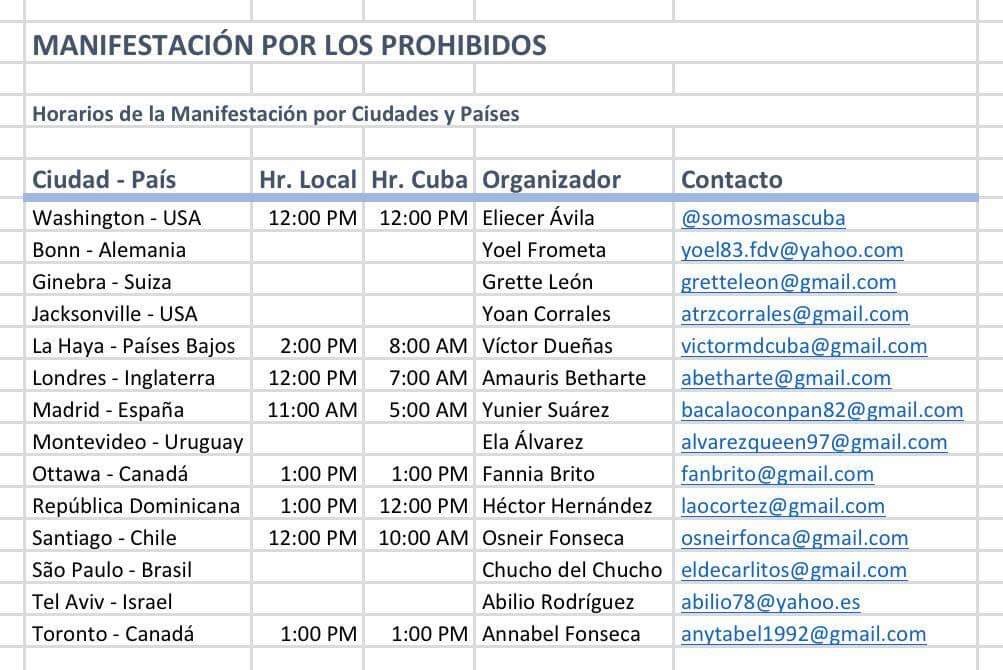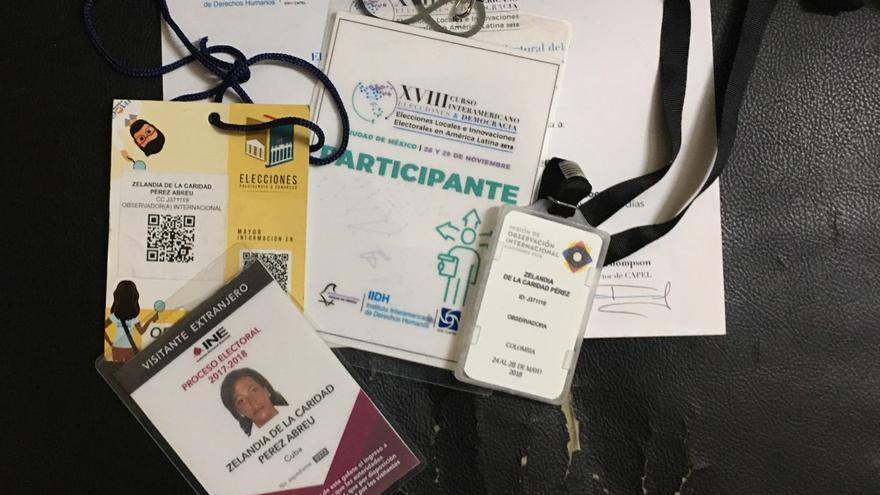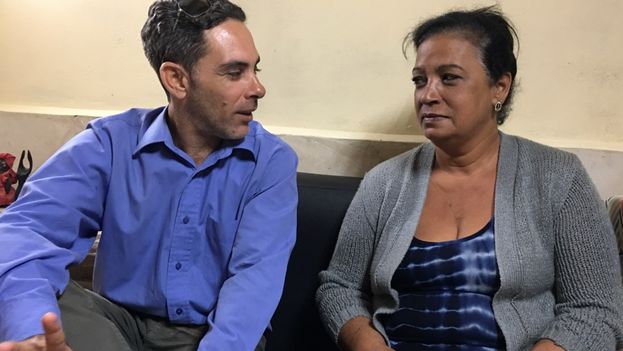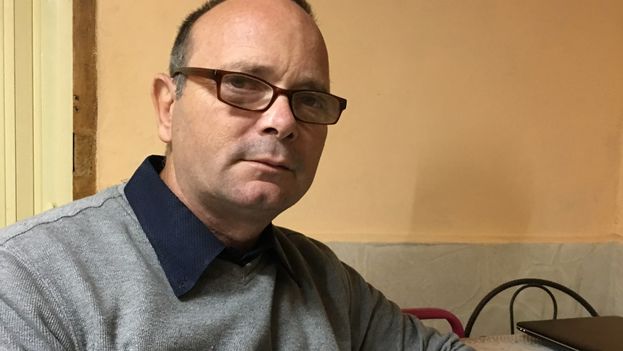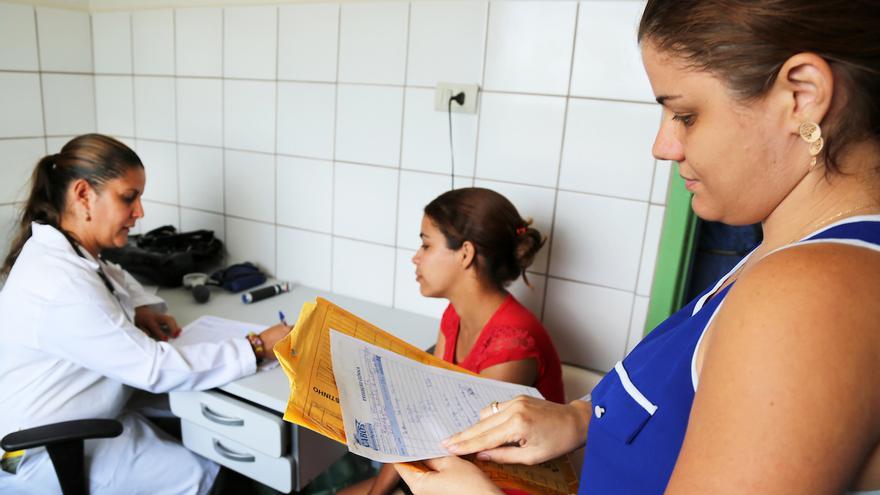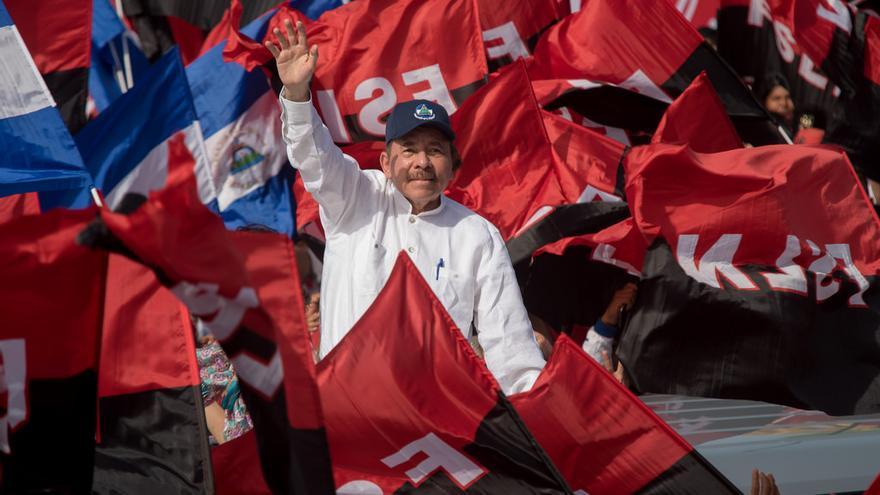Ángel Santiesteban, Havana, Cuba, Thursday, October 25, 2018 — Whoever commits a crime in Cuba should be certain that it won’t be enough to complete the punishment that the court decides for him, that isolation and prison will not be sufficient. One who breaks the law on this island has, beforehand, the certainty that the guards will put all their effort into making him feel like he is in a Hell in which the character of a uniformed Lucifer recurs.
The common prisoner also pays dearly in his stay in that diabolical underground, almost as much as he who goes to prison for “political reasons.” There any human rights are not respected, although the official discourse tries to show the opposite and brags of the virtues of Cuban prisons, and even seems to embrace theUnited Nations Charter of Universal Human Rights. That figure known on the island as a common prisoner is used as slave labor, and those who receive some economic benefit know very well the treatment that the military dedicates to them. continue reading
Beatings are commonplaces in those spaces of confinement, insulting the prisoner is the dish that the guards cook best. The beatings never have justification; beating is a right given to them by a government accustomed to repressing and pounding since it seated itself on the throne. A prisoner can be beaten with impunity becaused the uniformed don’t recognize the rights of the inmates. Their frustrations and ignorance are viciously taken out on the convicts.
Didier Cabrera Herrera is now thirty-nine years old and serving a sentence for a homicide he committed in self-defense. Didier was attacked in his own house. Didier used to make yogurt and sell it in his home, until a delinquent from the neighborhood asked him for a tube and later refused to pay for it. The assailant took out a knife and, making a show, attacked the vendor, and from the show passed to a more real aggression, to unforeseen violence. The criminal intended to thrust with the knife; first at one point, then another, without counting on Didier’s dexterity.
Then would come the struggle in which Didier was more skillful and managed to grab the knife from his aggressor and use it in self-defense. Didier defended himself, stuck the attacker with the sharp point, but didn’t compromise any organ, but a blow fractured a rib that damaged some vital organ, according to the determination of the pathologist. Thus Didier went to prison to serve a sentence of five years.
Traveling to the prison with the prisoner were the certified doctors, those who warn that this man suffers from a “personality disorder of emotional instability of a moderate intensity, and of an organic base,” that had already prevented him from fulfilling the obligatory military service. The medications to keep him calm are: Carbamazepine, Sentraline, and Clonazepan, but they are not always administered with the regularity prescribed by his doctor, despite the fact that authorities are aware that the patient attempted suicide before entering prison.
The first prison that received him was “Combinado del Este,” where he kept good discipline, despite how irregularly he was returned to his medication when they moved him away from his mother. Doctors attributed the carelessness to the lack of those medicines, even though they didn’t accept those that his mother, Iris Josefina Herrera López, with many pleas, tried to give them.
Didier was then sent to a prison in Manacas, in the province of Villa Clara. His mother traveled there for each visit, negotiating all the obstacles of the island’s bad transportation. And many were the pleas of this woman for authorities to permit her son to return to Havana or a closer place. She asks and asks at the National Directorate of Prisons at 15 and K, in Vedado, but so far she hasn’t managed to bring her son closer, like Leonor Pérez did achieve in the 19th century, when the Governor General of the island, following the “plea of the mother,” responded to Leonor’s entreaties.
This man is still here, so far from his mother, suffering humiliations in punishment cells and even rape attempts from “Calandraca” and “Calabera,” two dangerous prisoners who scour the prison displaying knives without receiving any punishment. Who was punished was this sick man, who was transferred to Guamajal prison, on the outskirts of the city of Santa Clara, where he spends his days in the atrocious imprisonment of another punishment cell, in which two guards beat him with so much force that his left eye was affected.
To top it all, and despite so much abuse, Major Cepero just informed the mother that he had been denied parole for a year, without letting her know the cause, although she supposes the reason is the many telephone calls her son made saying that they were not giving him his medication. Thus survives this sick young man, faced with the apathy and injustices of the authorities of the law and of Cuban “justice” that isn’t interested in putting right those effronteries that could put an end to the life of Didier Cabrera Herrera, a very sick young man.
Translated by: Sheilagh Carey

